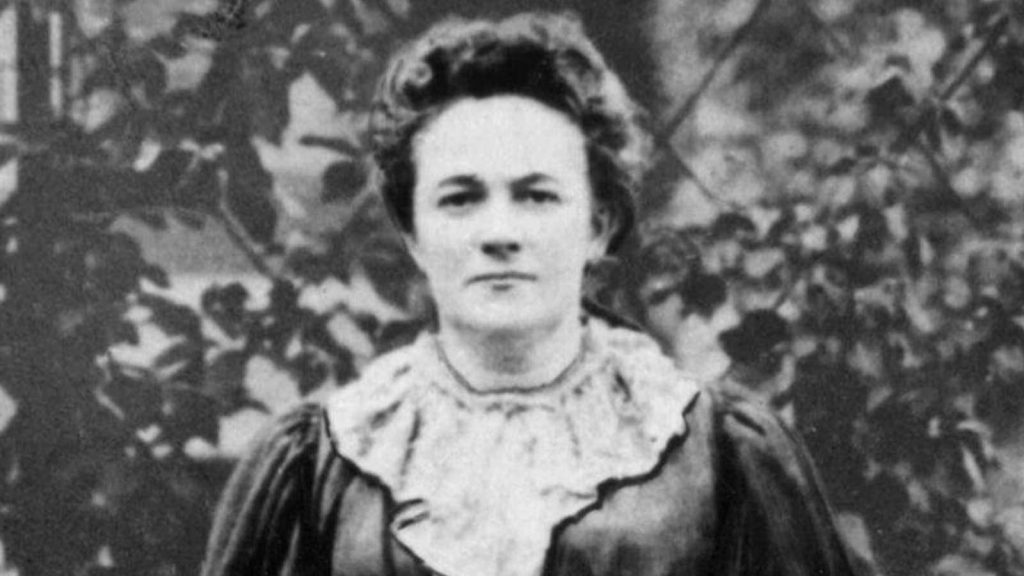
Por Laianna Janu
March 8 is the result of international struggles for women’s rights in Europe and the United States, and one of the prominent names in its creation is that of German feminist and suffragist Clara Zetkin. It was she who, in 1910, in Copenhagen, proposed the creation of an International Women’s Day as a day of annual demonstrations for women’s rights and socialism.
The first Women’s Day had already been celebrated a year earlier, in the United States, on the initiative of women from the Socialist Party of America. However, it would be Zetkin’s proposal, inspired by the successful American experience, which would lead to universal celebration. Celebrations began in 1911, on March 19, which would officially be the first International Women’s Day, in Germany, Denmark, Switzerland and the Austro-Hungarian Empire.
The idea, which was presented by Zetkin at the Second International Conference of Socialist Women, in the Danish capital, was to celebrate the struggle of women around the world for equal rights and women’s suffrage. In her speech, Zetkin called, above all, for the need for political spaces designed by and for women.
With the October Revolution of 1917 in Russia, the date began to be celebrated on March 8 in communist countries and by socialist movements, being definitively fixed on that date in 1921. March 8 ended up being incorporated by the United Nations in 1975, in in the midst of the International Women’s Year celebrations.
Who was Clara Zetkin?

Clara Josephine Eissner (later Zetkin) was born in 1857 and died in 1933, the year of the Nazis’ rise to power in Germany. She grew up in a family tied to the ideals of the Enlightenment and the French Revolution and became an influential politician in the Weimar Republic, as well as an activist for peace and women’s rights.
Due to her mother’s connection with leaders of the feminist movement, Zetkin joined a seminar for teachers in the city where she lived, Leipzig. There, she stood out as one of the best students and became a specialist teacher in modern languages, working in Germany and Austria.
In 1878, she joined the Socialist Workers’ Party of Germany (SAP), which two years later would change its name to the Social Democratic Party of Germany (SPD), as it is still called today. Zetkin was part of the left wing of the party, alongside names like Rosa Luxemburgo and Karl Liebknecht.
Between 1882 and 1891, due to the repression of socialists in Germany, she lived in exile in Paris, where she adopted the surname of her companion, the Russian revolutionary Ossip Zetkin, leaving aside her father’s surname, Eissner. In the French capital, she also took an active part in founding the Second International. The couple had two children, and her husband died in 1889.
When she returned to Germany, she became editor of the socialist periodical The equality (The Equality), a position she held from 1891 to 1917. She was suspicious of bourgeois feminism, composed of women from higher social classes, and believed that socialism was the path to women’s liberation.
During World War I, Zetkin’s pacifism placed her in opposition to positions adopted by the SPD, and so she became a dissident in 1917. In 1919, she joined the then newly formed Communist Party of Germany (KPD), for which she was a deputy in the Reichstag from 1920 to 1933, in the so-called Weimar Republic. From 1920, already ill, she began to alternate stays between Germany and the Soviet Union.
Zetkin’s last public appearance was in 1932, as Dean of the Reichstag. She presided over the opening of the inauguration ceremony of the new legislature and, already very ill, spoke against fascism – the Nazis were the largest bench in Parliament.
The seizure of power by Adolf Hitler in 1933 and the burning of the Reichstag, for which the communists were blamed, led Zetkin to a new exile, this time in the Soviet Union. She died shortly afterwards, on June 20, 1933, aged 75.
Since 2011, the German political party The Left has given an award in her name to women who stand out for their social or political engagement.
Originally Posted by DW
Join our WhatsApp group by clicking on this link
Join our Telegram channel, click on this link
Source: https://www.diariodocentrodomundo.com.br/quem-foi-clara-zetkin-a-feminista-alema-precursora-do-8-de-marco/

